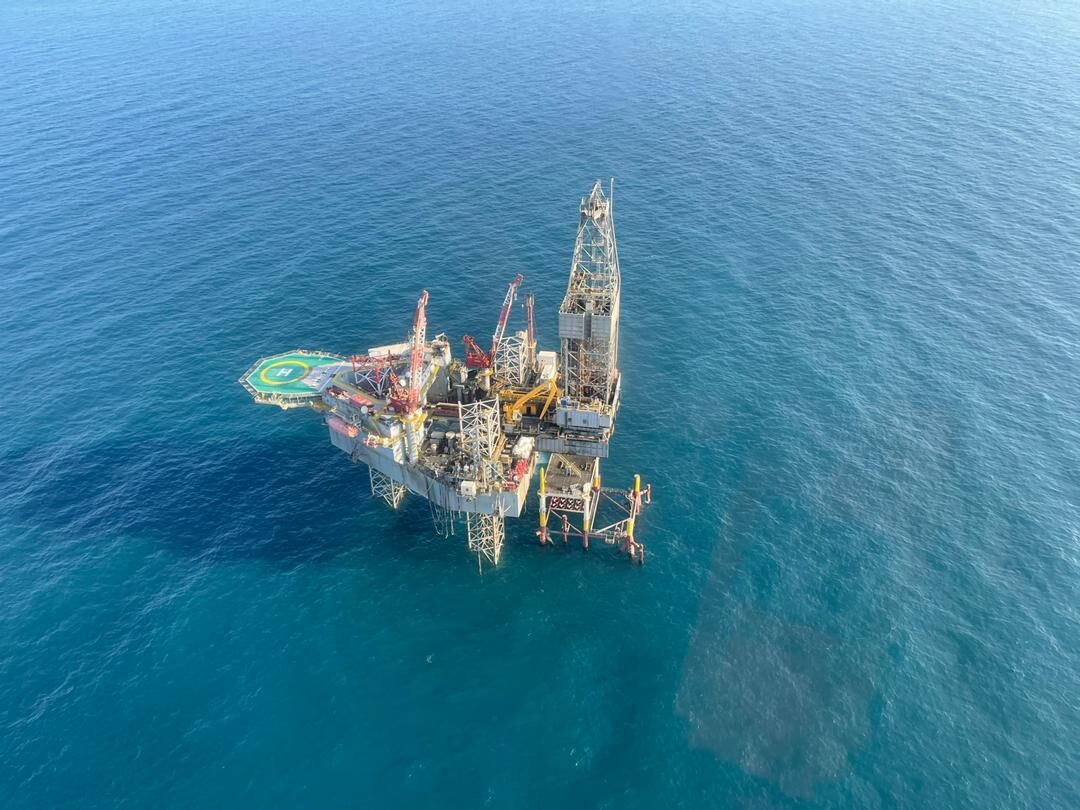In an interview with "Iran Petroleum", Hassan Danaeifar said despite Europe’s attractive energy market, Iran should be active at easier markets like India and China.
The following is the full text of the interview he gave to "Iran Petroleum":
The US sanctions against Iran have failed to stop Iran’s energy exports to Iraq. Could it be seen as a success for Iran’s oil and gas activities?
In the energy sector, there is an all-out war under way between Iran and the US over Tehran’s national revenue. Oil, oil products, petrochemicals, gas and electricity constitute a major source of revenue for Iran. The Americans have been trying hard to zero Iran’s oil and gas exports. But their own media say they have failed to achieve their objective. They had set objectives to block our energy exports, but they failed. That does not mean we can export oil and gas as usual. That’s not so. However, despite US efforts, our oil exports were not down to zero.
So you give an upbeat assessment of the measures taken so far.
Our success lies in the fact that they did not succeed; otherwise, we have not realized our own objectives. The figures and data are not the same as they were although they are acceptable.
What about Iran’s petrochemical exports?
Except for Turkey, our neighbors are unwilling to consume petrochemical products. Some of them are end users of petrochemicals, but they show no willingness for raw materials. For instance, fertilizer or urea are attractive in some neighboring countries, but the raw materials used in plastic materials have no buyer. Buyers of Iran’s petrochemical products are mainly extraterritorial ones.
Do you mean that we can still sell petrochemical products despite sanctions in place?
Yes, that’s it. Despite all sanctions we keep selling our products.
What do you think of the sales of Iranian petroleum products to Venezuela in the midst of restoration of unilateral US sanctions on Iran? Iranian oil tankers, except for one, delivered the cargo.
Iran and Venezuela are two oil-rich nations and Venezuela is willing to import petroleum products, technology and refinery parts. In its ties with Iran, Venezuela is seeking such objective. Of course, it would be seen as a step forward when the Americans were threatening other nations about buying Iran’s oil. The important thing would be to take Iran’s oil cargo to its destination. We may choose a specific method every time we want to sell our products. One reason why the Americans are angry is that they failed to disrupt the navigation of Iranian oil tankers in high seas despite exerting maximum pressure.
The Iranian government has largely supported Syria, but it has not managed to win an identical toehold in its energy market as in Iraq’s. Why?
Territorial factors and location are decisive issues. For instance, for electricity transmission we easily installed our posts on the route to Iraq, for gas delivery we laid out a pipeline as far as our shared border. But we are not next-door neighbor with Syria. Besides, Syria was home to heavy unrest until two and a half years ago.
What do you think of cooperation with Turkey in exporting energy products?
Gas exports to Turkey have regularly experienced ups and downs. It has been under way on and off.
As the US has imposed sanctions on the Nord Stream 2 project, the option of Iran’s gas exports to Europe is back on the agenda. US Democrats, like Republicans, do not favor Russia’s presence in the energy market. Has Iran taken any actions to that effect?
Iran has always been concerned with energy exports to Europe. However, it has not materialized due to political parameters. Gas transmission to Europe via Turkey has been discussed for five decades, but nothing has been achieved. I said five decades to highlight the fact that this issue was raised first prior to the [1979] Islamic Revolution. Despite serious talks to that effect, no concrete result was achieved. In my view, energy exports to East would be easier. Given China’s dependence on energy, we'd better invest in this sector.
Do you propose that we invest in energy exports to Southeast Asian nations instead of Western nations?
Yes, of course! But China is the most important and the main country in this sector. I also lay emphasis on this country. India and China can be major consumers of Iran’s gas. The planned gas pipeline from Iran to Pakistan and then India, would be instrumental were it not for political pressure. However, the best option for Iran’s gas transmission is currently through sea.
How do you see the prospect of Iran’s energy activities?
We have to look into the future. I believe that the discovery of new oil and gas fields in the Mediterranean would drastically change the energy market. If the estimates given about Mediterranean energy reserves prove to be true and this region becomes an energy hub, it could be a wakeup call for us as it would overcome the Persian Gulf in some global markets. Due to proximity to European nations, the Mediterranean would change the energy economics equations, which would require shifting attention towards Eastern energy market.
Interview by Ameneh Mousavi


Your Comment